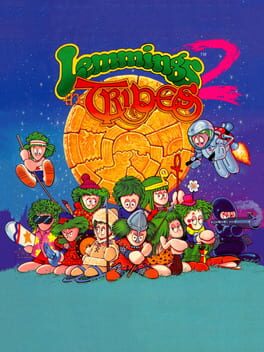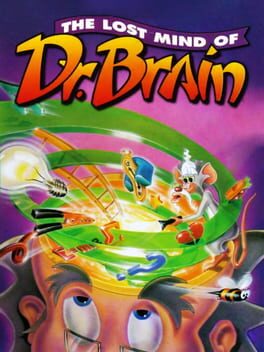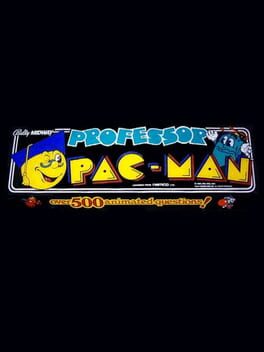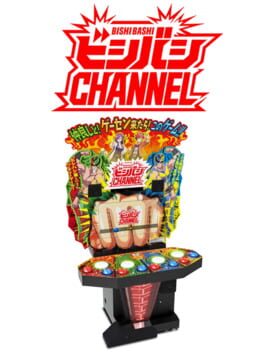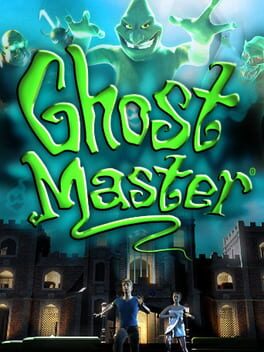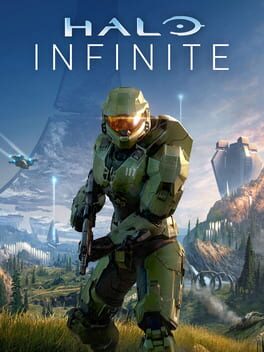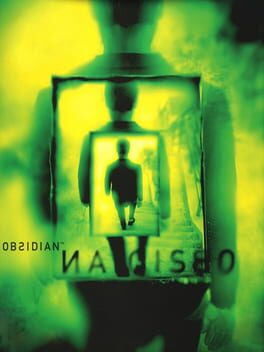shadsy
The wacky, weird sequel that Lemmings deserved. The large variety of abilities and level themes means that each level has to be approached differently. Less finicky than the original and more playful, with some great comedy physics added on top. It's hard to get mad at Lemmings when it's this silly.
During a period when most educational games were about rote learning, the third Dr. Brain game taught thinking skills instead, like spatial reasoning, organization, and task management. While a big chunk of the minigames don't land well (the Synaptic Cleft ranching game is a bust), the game respects the player's time and intelligence and lets you tweak the games' complexity without any penalties. Big points for trying something big and for making it so lively and animated.
1983
2018
2024
A level designer's game, through and through. All 100 (!) levels in Psycutlery have a unique gimmick that turns the game on its head and makes you approach levels from a new angle. It's a big solid chunk of platforming in the vein of Kirby and Yoshi's Island, with the whacked-out twist that you eat everything you come across.
2023
2015
A hell of a ride with an incredible deep bench of characters who work in moral shades of grey. Filled with surprises, brutal fight scenes, and a strong sense of history, using the prequel format to tell the story of a place and not just its people. When people say they enjoy lived-in worlds, this is what they're talking about.
It's just so much though. There are at least four different games happening at the same time in Yakuza 0, and while they're all well-done and the extra content adds a lot of texture to the world, the sheer volume of this game makes the entire 50-hour+ adventure feel like filler. The clash in tone between the tensely paced hard-boiled crime story and the wacky sidequests is a quality that I've heard praised about Yakuza for a long time, but it feels like they're happening in completely different worlds. I never found the balance.
That said, each piece of Yakuza 0 still stands really well on its own. I did not expect to enjoy the cabaret management as much as I did (even if it felt icky).
It's just so much though. There are at least four different games happening at the same time in Yakuza 0, and while they're all well-done and the extra content adds a lot of texture to the world, the sheer volume of this game makes the entire 50-hour+ adventure feel like filler. The clash in tone between the tensely paced hard-boiled crime story and the wacky sidequests is a quality that I've heard praised about Yakuza for a long time, but it feels like they're happening in completely different worlds. I never found the balance.
That said, each piece of Yakuza 0 still stands really well on its own. I did not expect to enjoy the cabaret management as much as I did (even if it felt icky).
2023
The first game in a long time that felt like something I had never played before. It feels like the first truly successful, hitting-all-marks attempt to seamlessly combine action and rhythm. Not every piece works (the obligatory upgrade system is half-baked; the busier fights can feel like a mishmash), but its brazen self-confidence is like a rising tide lifting all ships that left me smiling all the way through.
2003
An extremely fun, wholly original idea, like a tower defense game where fear is your weapon. Great creative direction that cleverly riffs on The Sims, Beetlejuice, and other horror movies, erring on the side of spooky instead of scary. Worth playing, although some cluttered design concepts — and the chaotically braindead AI for humans you're haunting — add too much friction to an otherwise delightful experience.
2021
2014
2021
There's some interesting, exciting ideas in here about what the Halo series could become, but they seem to hit a natural limit. The open world is a smart evolution on the best missions from Halo 1, but by the time you've unlocked every cool weapon, gadget, and vehicle, there's nowhere left for Halo Infinite to go. The dead-end third act — which deals with the problem by abruptly pivoting back to being a linear action game — is clearly a product of Infinite's troubled development.
1997
A parable about the power of dreams that turns on itself and questions its own messages. Out of all the Myst-style games from this era, this is one of the few that feels like it was trying something truly new. Something close to a forgotten masterpiece, created by a studio that was on the verge of shutting down.
2013
2021
An incredible accomplishment and a blast to play around in. I love any racing game that wants you to drive off cliffs at full speed as much as it wants you winning races. I've heard the Horizon series talked about as a friendlier, more accessible alternative to Forza Motorsport, but ultimately it's still a highly technical driving sim, crammed with slot machines and half a dozen in-game currencies to keep you in the compulsion loop.
